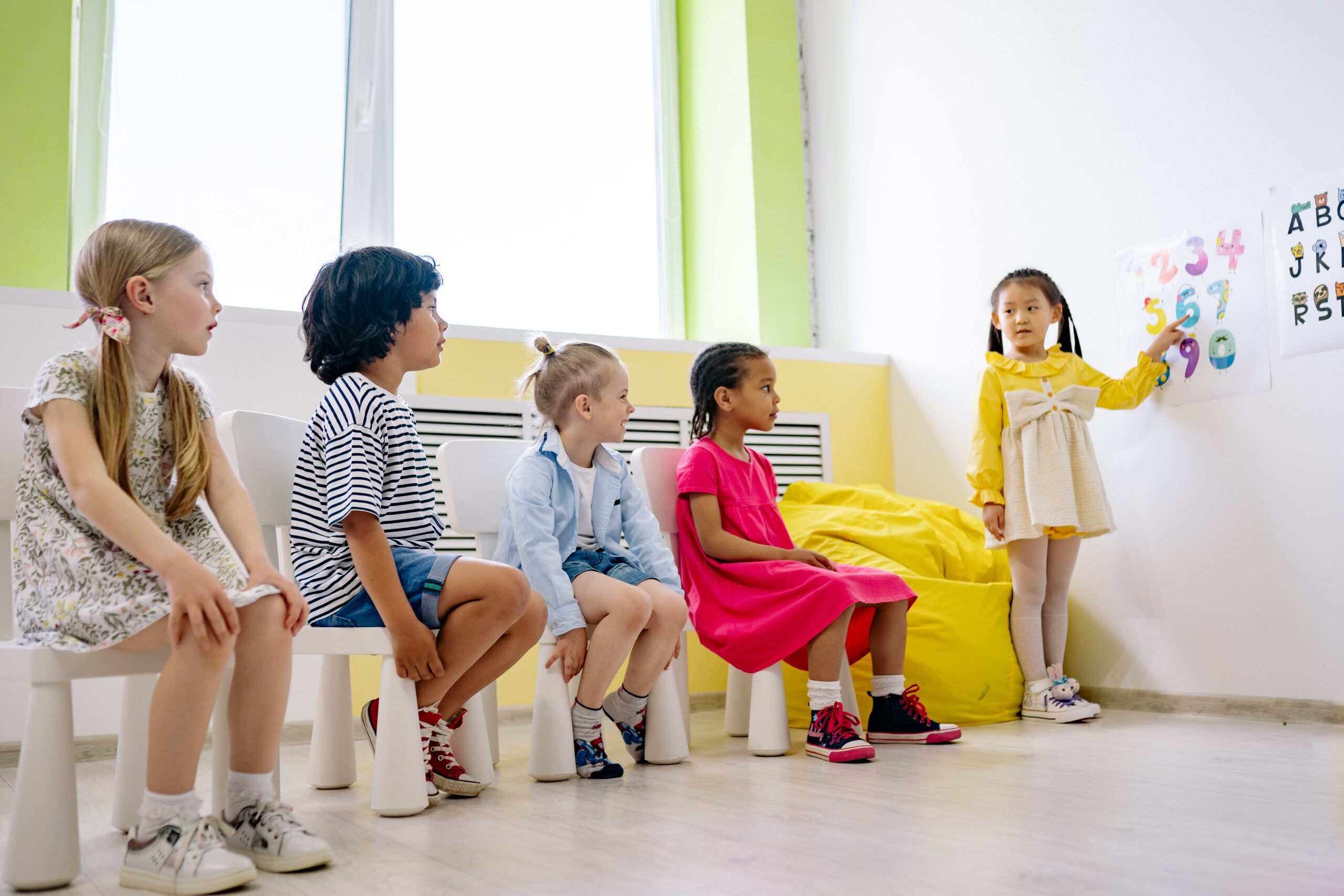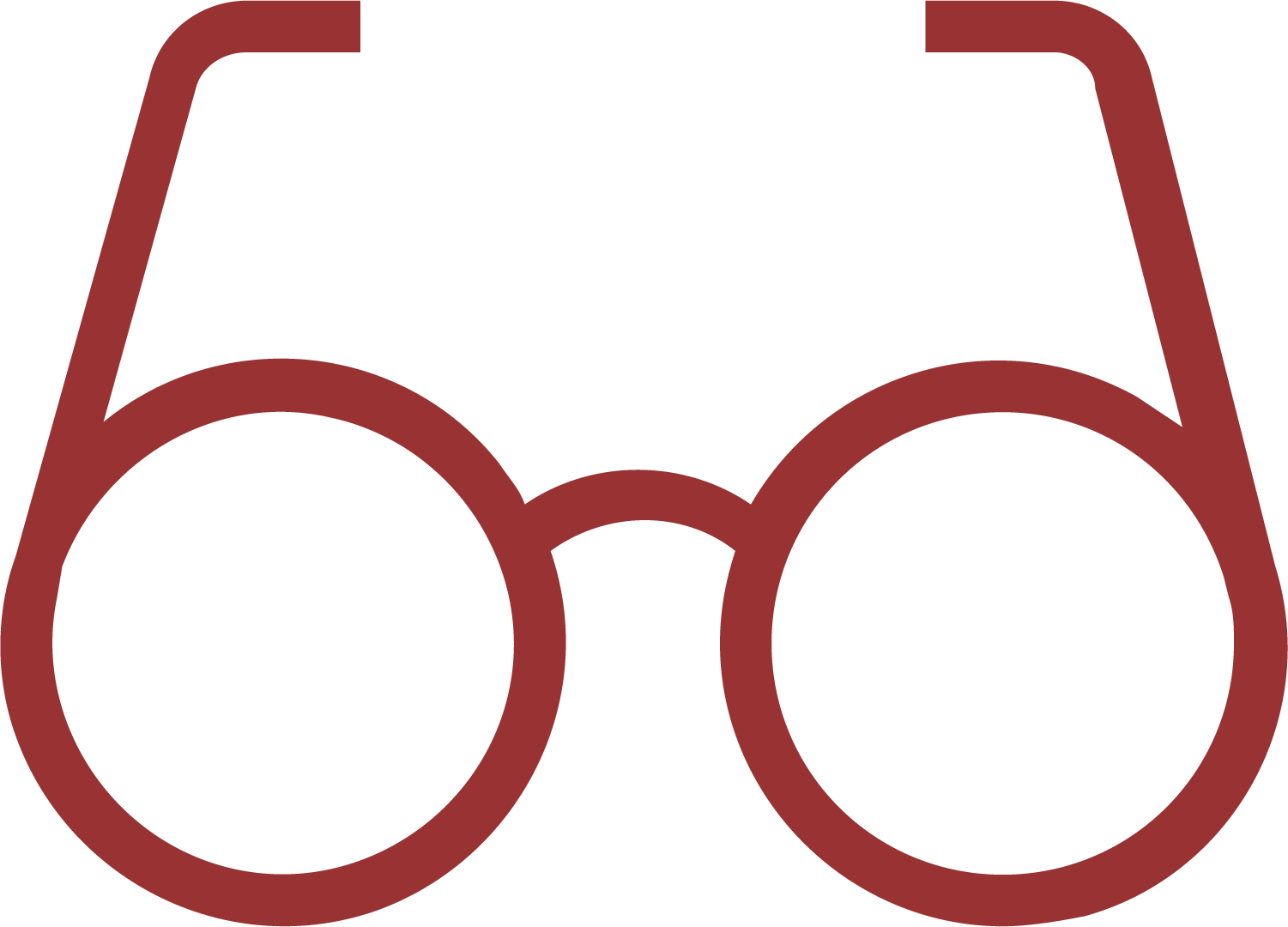Diagnose ADHD, Autism, and Learning Disablities
Are you concerned about your child’s ability to focus and pay attention?
Do you have concerns regarding your child’s reading, writing, or math abilities?
Does your child struggle with social skills and friendships?
If you have a concern about your child’s cognitive abilities, school performance, social interactions, or behavior, it may be time to consider a comprehensive neuropsychological evaluation. Assessment results provide diagnostic clarification, highlight children’s strengths, and inform recommendations to facilitate success across settings.

How Can a Neuropsychological Evaluation Help My Child?
Identify ADHD: If your child struggles with attention, hyperactivity, or impulsivity, we conduct thorough assessments to determine if ADHD is present and offer tailored strategies to support their needs
Assess Executive Functioning Difficulties: For children who have trouble with planning, organizing, and managing tasks, we evaluate executive functioning skills and provide strategies to enhance these critical abilities
Understand Learning Challenges: If your child faces challenges in reading, writing, or math, we pinpoint specific learning disorders and suggest targeted interventions to help them thrive academically
Diagnose Autism: For children exhibiting social communication difficulties, repetitive behaviors, or other concerning symptoms, we provide detailed evaluations to identify autism and guide you in understanding and supporting your child’s unique profile.
Create Specific Recommendations for an IEP: We collaborate with you and your child’s school to develop recommendations for your child’s Individualized Education Program (IEP).
Determine Testing Accommodations: We offer documentation and recommendations for accommodations on standardized tests, such as extended time or a quiet testing environment, as clinically indicated.
Areas of Neuropsychological Assessment
A comprehensive neuropsychological evaluation assesses the following domains of functioning through testing and observation:
- Academic Achievement
- Attention and Executive Functioning
- Intellectual Functioning
- Language Development
- Learning and Memory
- Social, Emotional, and Behavioral Functioning
- Visuospatial Skills and Visuomotor Integration
Results from the evaluation inform recommendations, which are tailored to address areas of difficulty.

Components of Neuropsychological Evaluation
An evaluation typically consists of seven components. The specific details of each component are tailored to suit the unique needs of each child and their family, and a pediatric neuropsychologist conducts all components of the evaluation. The information below offers a guideline of how evaluations are typically structured, but is subject to variation as appropriate:
1. Initial Intake
This consists of an interview with parent(s) to learn more about presenting concerns and gather background information.


2. Record Review
A review of all relevant documents is conducted. This may include previous testing results, your child’s individualized education program (IEP) or 504 plan, report cards, work samples, and medical records.
3. School Observation and Consultation
When clinically indicated, observations are conducted prior to the initial testing session. This may be in-person or virtual and is scheduled during classes or portions of the school day that are most relevant to the presenting concern. Consultations with educators and private clinicians who work with your child may also be conducted at this time.


4. Testing Sessions
Each child meets with a pediatric neuropsychologist to complete a series of activities and performance-based tests. These tasks are carefully selected based on the referral question and your child’s history. The testing plan is flexible and may change based on behavioral observations and results from each session. Testing is typically completed over the course of several sessions with breaks as needed so your child is better able to demonstrate their best work.
5. Feedback
A parent feedback session is provided to discuss the results of the evaluation, relevant diagnoses, and recommendations. If developmentally appropriate, a child feedback session may be provided if it is determined that would be helpful.


6. Comprehensive Report
Includes your child’s background history, testing results, clinical impressions, relevant diagnoses, and individualized recommendations.
7. Follow-Up
Completing an evaluation is only the beginning of the journey. After testing is finished, your pediatric neuropsychologist remains available and committed to helping you obtain appropriate interventions and support for your child. This may involve attending a meeting with your child’s school to discuss the results and recommendations from the evaluation.

Icons created by Fasil on freeicons.io
1. Initial Intake
This consists of an interview with parent(s) to learn more about presenting concerns and gather background information.

2. Record Review
A review of all relevant documents is conducted. This may include previous testing results, your child’s individualized education program (IEP) or 504 plan, report cards, work samples, and medical records.

3. School Observation and Consultation
When clinically indicated, observations are conducted prior to the initial testing session. This may be in-person or virtual and is scheduled during classes or portions of the school day that are most relevant to the presenting concern. Consultations with educators and private clinicians who work with your child may also be conducted at this time.

4. Testing Sessions
Each child meets with a pediatric neuropsychologist to complete a series of activities and performance-based tests. These tasks are carefully selected based on the referral question and your child’s history. The testing plan is flexible and may change based on behavioral observations and results from each session. Testing is typically completed over the course of several sessions with breaks as needed so your child is better able to demonstrate their best work.

5. Feedback
A parent feedback session is provided to discuss the results of the evaluation, relevant diagnoses, and recommendations. If developmentally appropriate, a child feedback session may be provided if it is determined that would be helpful.

6. Comprehensive Report
Includes your child’s background history, testing results, clinical impressions, relevant diagnoses, and individualized recommendations.

7. Follow-Up
Completing an evaluation is only the beginning of the journey. After testing is finished, your pediatric neuropsychologist remains available and committed to helping you obtain appropriate interventions and support for your child. This may involve attending a meeting with your child’s school to discuss the results and recommendations from the evaluation.

Icons created by Fasil on freeicons.io
Collaboration
A comprehensive neuropsychological evaluation is most effective when supported through collaboration with families, teachers, school staff, tutors, therapists, physicians, special education attorneys, and other important adults in a child’s life. At CPN, we understand that we are part of a greater team that, when possible, needs to work together to best serve children and their families.
